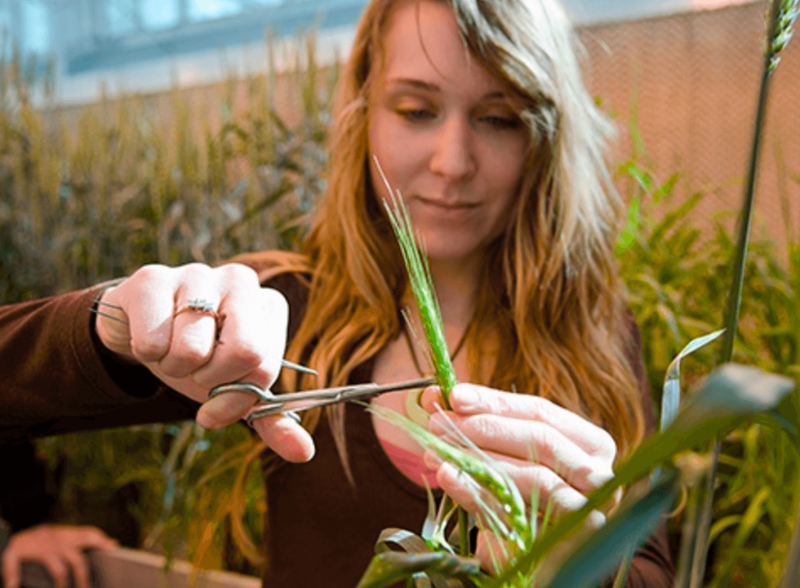Universities need to get better at sharing patented seeds and other products of publicly-funded agricultural science if the United States wants to keep producing bountiful harvests, argues a new report from a group of leading academic researchers.
The 50 researchers also call on the federal government to provide better funding for crop breeding efforts at public universities, and for universities to develop new ways of steering revenues from popular crop varieties back into research.
The recommendations come amidst growing concern about the future of public-sector plant breeding programs. Researchers at private agricultural firms tend to focus on creating better varieties of widely-grown, high-value crops, such as wheat and corn. But the task of improving lower-value but still important crops—such as oats, potatoes, or forages for livestock—has been largely left to scientists at public universities and laboratories run by federal and state agencies. Public breeding has been withering, however, as it has become increasingly dependent on less reliable, short-term funding sources that make it difficult to sustain a year-round breeding program. And it has been hampered by intellectual property practices that can make it difficult to share genetic material and other resources.
The GLP aggregated and excerpted this blog/article to reflect the diversity of news, opinion, and analysis. Read full, original post: Crop breeders sprout plan to boost public sector research































